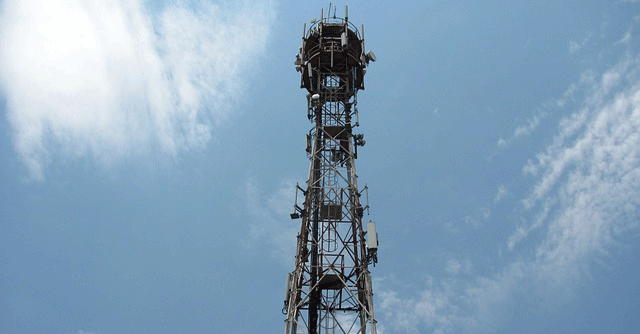Alphabet, the parent company of Google, is betting on lasers for delivering internet in remote areas. The company’s X division has developed a technology called free space optical communications (FSOC). FSOC uses lasers to transmit data over long distances.
Previously, FSOC technology was used to connect balloons in Project Loon. However, Alphabet is now looking to use it for connecting ground stations. In this regard, the company has signed a deal with the Indian state of Andhra Pradesh. The aim is to deploy FSOC technology and provide internet access to rural areas.
Alphabet believes that FSOC technology can offer a more cost-effective and efficient solution for delivering internet in remote areas compared to traditional methods like building fiber optic cables. Additionally, the company is actively working on developing FSOC technology for use in other countries.

Here are some of the benefits of using lasers to deliver internet:
- FSOC technology is a more cost-effective way to deliver internet in remote areas than traditional methods.
- FSOC technology is more efficient, as it can transmit data over longer distances without losing signal strength.
- FSOC technology is more scalable, as it can be easily deployed to new areas.
However, there are also some challenges associated with using lasers to deliver internet:
- The weather can affect the performance of FSOC technology.
- FSOC technology is not yet as widely available as traditional methods of delivering internet.
Alphabet is still in the early stages of deploying FSOC technology, but the company is optimistic about its potential. The technology could help to bridge the digital divide and bring internet access to people in remote areas around the world.
